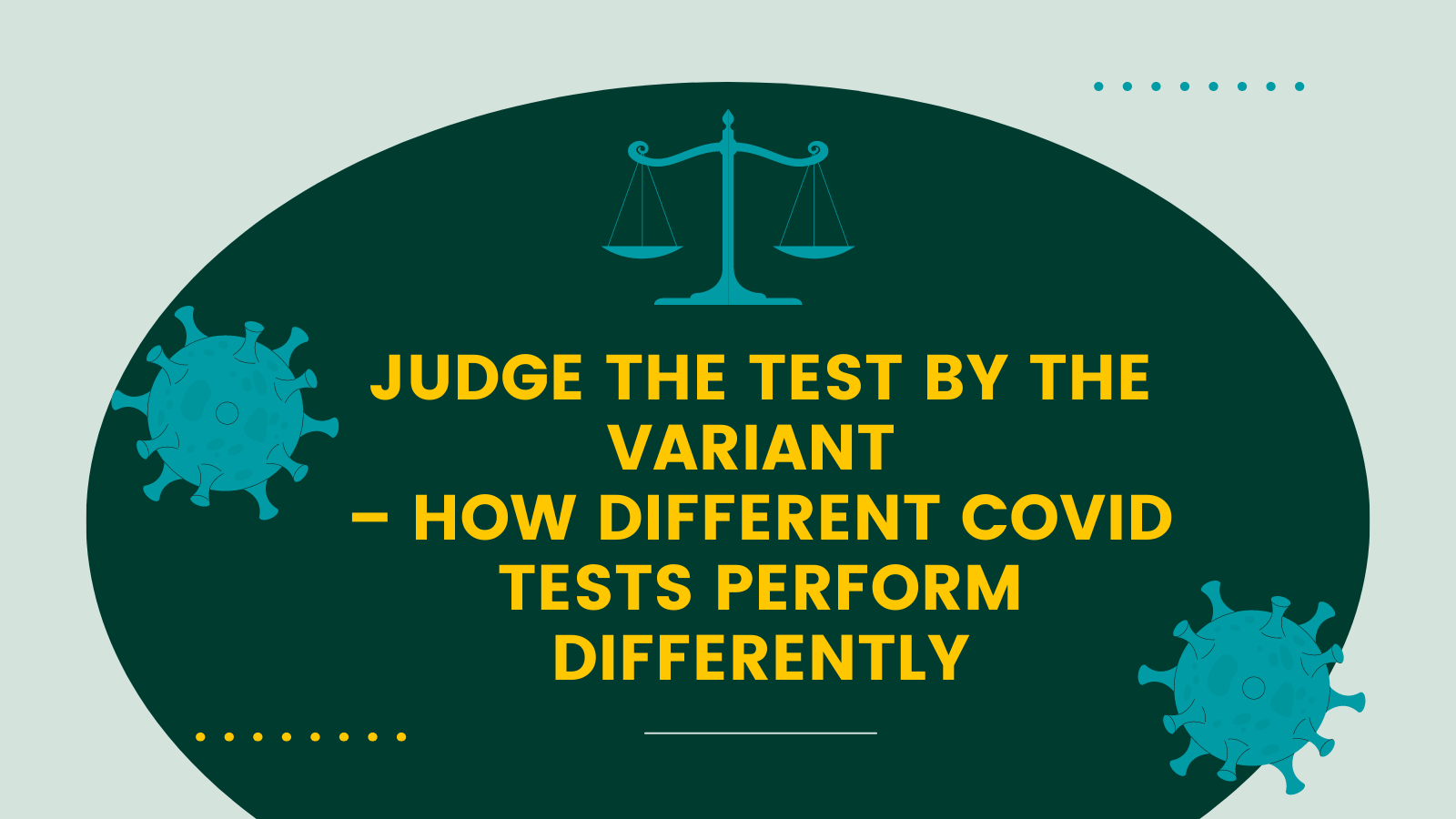ORCHESTRA study suggests to take a closer look when choosing a test

https://doi.org/10.3390/diagnostics13061024
ORCHESTRA study „Impact of Omicron Variant Infection on Assessment of Spike-Specific Immune Responses Using the EUROIMMUN Quan-T-Cell SARS-CoV-2 Assay and Roche Elecsys Anti-SARS-CoV-2-S“ shows that different tests perform differently with different variants. The publication was performed by Work Package 3 under the lead of ORCHESTRA partner Ludwig-Maximilians-Universität München (LMU). Christina Reinkemeyer, LMU project manager and co-author of the study gives answers.
What is the specific research question and what did you look at?
This study wanted to find out how changes in the Spike protein of the Omicron variant of the COVID-19 virus would affect the results of two different tests that are used to check if someone has an immune response to the virus. The tests can tell us if someone has been infected with COVID-19 before.
How many cases from how many cohorts did you evaluate (if this is applicable)?
This study involved 37 people who were infected with the Omicron variant of COVID-19, 20 of whom had been vaccinated and 17 who had not. The participants were recruited 3 weeks after a positive PCR test. Two different tests were used to detect antibodies to the virus: the Quan-T-Cell SARS-CoV-2 assays using antigens from the original Wuhan strain and the Omicron-adapted antigen assay, as well as a serological test called the Roche Elecsys anti-SARS-CoV-2 anti-S1. Samples from people who were infected with COVID-19 earlier in the pandemic were used as a comparison for the Omicron cases. The samples were matched based on the time since diagnosis so that each Omicron subject had a similar comparison subject.
How long did it take to get results?
Participants were recruited three weeks after being diagnosed with a positive PCR test for SARS-CoV-2 in early 2021. The study processed and measured samples up to 55 days after the initial infection.
What are the results/answers?
The results suggest that the current diagnosis test for COVID-19, the Quant-T-Cell-SARS-CoV-2 kit, can detect T-cell responses to the Omicron variant with similar accuracy as tests specifically designed for the Omicron variant. The study compared the immune responses of vaccinated and unvaccinated people who were infected with the Omicron variant. Those who had received two vaccine doses showed a strong immune response, while those who were not vaccinated showed a weaker response. The study also found that the Elecsys anti-S1 assay, a test used to measure immune response, may not be as effective in detecting the virus in unvaccinated people infected with the Omicron variant. A different test, called the IGRA, detects a positive response much earlier.
Who (which group of the population) benefits from your research?
The results of our study are highly relevant for medical doctors, researchers and laboratories. During the whole pandemic, results from the KoCo19 study were used to advise political decision making.
What are your recommendations?
Our study found that different test systems perform differently when used on patients infected with different variants of SARS-CoV-2. This means that the tested commercial diagnostic assays that use Wuhan-based antigen to measure the immune response to Omicron may not accurately reflect the true magnitude of the response. Depending on the situation, doctors and labs need to consider the patient’s history and test performance characteristics to interpret results correctly. However, our study also suggests that the original Quan-T-Cell kits can still be used to test the immune response after an Omicron infection in the current phase of the pandemic. This also applies to the Roche assay, but with considerably lower values compared to the values observed in Wuhan strain infected patients.
Thank you very much for the interview, Christina!
Press contact:
Marlene Nunnendorf
ORCHESTRA Science Communication Officer
Email: marlene.nunnendorf@orchestra-cohort.eu
###